The United Nations War Crimes Commission organized a subcommittee to study the possibility of war criminals claiming that they were simply following orders in post-war trials.
On this day 7th March 1944.
The United Nations War Crimes Commission organized a subcommittee to study the possibility of war criminals claiming that they were simply following orders in post-war trials.
The United Nations War Crimes Commission (UNWCC) was inaugurated on October 20, 1943, by representatives of the seventeen Allied nations.
It was the only international framework that dealt with the issue of war crimes and war criminals during World War 2.
The commission continued to operate until March 31, 1948, and in the course of its four-and-a-half years had created a total of 8,178 files (representing 36,810 individuals and groups).
The Soviet Union put up the greatest obstacles to the establishment of the UNWCC. Moscow had been piqued by the fact that London had ignored the Soviet Union during the preliminary stages of the establishment of the Commission and had appealed to the Soviet Union for support only at the last moment.
In January 1943 Moscow responded in a positive manner, but then prompted further delay by opposing London's intention to include participation by the Dominions in the work of the Commission.
On July 27, 1943, Moscow announced that it was prepared to meet British wishes regarding the participation of the Dominions, India, and Burma on the condition that the Federated Republics of the USSR—Ukraine, Belorussia, Moldavia, Lithuania, Latvia, Estonia, and Karelo-Finska—would also be allowed to participate.
This move by the Soviet Union was clearly designed to gain political capital: recognition of its annexation of the Baltic States, would set a precedent that would help the Soviet Union claim the right to enlarge its representation in future international organizations.
When London declined, Moscow decided not to respond to Britain's invitation to the Allied meeting to establish the UNWCC, scheduled for October 20, 1943.
in September 1944, the Commission approved a final draft of the Convention for the Establishment of a UN Joint Court.
It contained twenty-nine Articles, but did not include a detailed list of war crimes. Instead, the court would handle allegations of offenses committed against the laws and customs of war.
The Commission wished to endow the Court with the latitude of action to carry out the intentions of the Allied governments—such as they had been expressed in numerous public statements and in general international treaties or conventions pertaining to the laws of war.
The outcome of all this was the Nuremberg Trials and the Tokyo Trials.
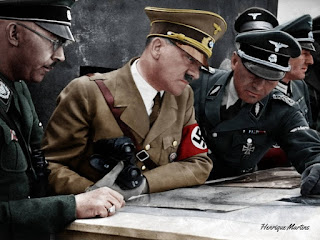





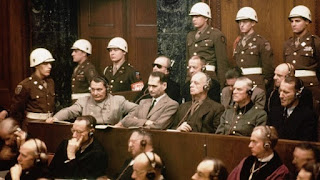


.jpg)

.jpeg)

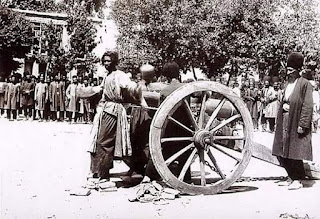

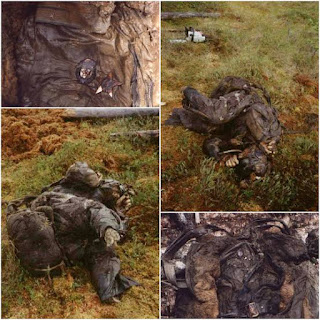
.jpeg)
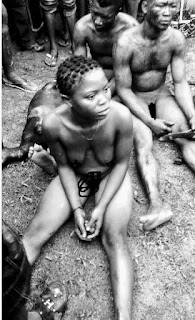
Comments
Post a Comment